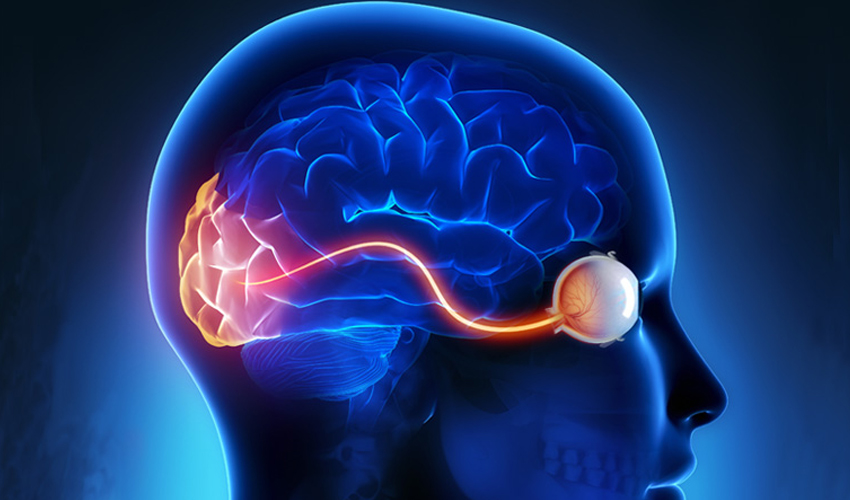Neuro - Ophthalmology

Neuro - Ophthalmology
Neuro-ophthalmology is a subspecialty within both neurology and ophthalmology that deals with visual problems related to the nervous system, particularly those affecting the optic nerve and brain. Neuro-ophthalmologists are experts in diagnosing and managing conditions that affect the visual pathways, including diseases of the optic nerve, retina, and visual processing centers in the brain.
Some common conditions and topics in neuro-ophthalmology include:
-
Optic Neuritis: Optic neuritis is inflammation of the optic nerve, often associated with demyelinating diseases such as multiple sclerosis. It typically causes sudden onset of visual loss, pain with eye movement, and changes in color vision.
-
Papilledema: Papilledema is swelling of the optic nerve head due to increased pressure within the skull, often caused by conditions such as intracranial hypertension or brain tumors. It can lead to vision loss if left untreated.
-
Ischemic Optic Neuropathy: Ischemic optic neuropathy occurs when the blood supply to the optic nerve is compromised, leading to sudden, painless vision loss. There are two main types: anterior ischemic optic neuropathy (AION) and posterior ischemic optic neuropathy (PION).
-
Visual Field Defects: Visual field testing is used to assess the entire scope of vision and can detect abnormalities caused by conditions such as optic nerve disorders, glaucoma, or brain lesions.
-
Double Vision (Diplopia): Neuro-ophthalmologists evaluate and manage double vision, which can result from various causes such as cranial nerve palsies, muscle disorders, or neurological conditions affecting eye movements.
-
Neurologic Disorders Affecting Vision: Neurological conditions such as multiple sclerosis, stroke, brain tumors, or pituitary gland disorders can affect vision and require specialized evaluation and management by neuro-ophthalmologists.
-
Neuro-imaging Interpretation: Neuro-ophthalmologists often interpret imaging studies such as MRI or CT scans of the brain and orbits to identify abnormalities that may be causing visual symptoms.
-
Pupil Abnormalities: Assessment of pupil size, shape, and reactivity can provide valuable diagnostic information about conditions affecting the visual system or the autonomic nervous system.
-
Thyroid Eye Disease: Thyroid eye disease, also known as Graves' orbitopathy, is an autoimmune condition that affects the tissues around the eyes and can lead to proptosis (bulging eyes), double vision, and other visual disturbances.
Neuro-ophthalmologists work closely with other specialists such as neurologists, neurosurgeons, ophthalmologists, and radiologists to provide comprehensive care for patients with complex visual problems related to neurological conditions. Treatment may include medications, vision rehabilitation, surgical interventions, or referral to other specialists as needed. If you are experiencing visual symptoms related to neurological conditions, it's important to seek evaluation by a qualified neuro-ophthalmologist for accurate diagnosis and appropriate management.




